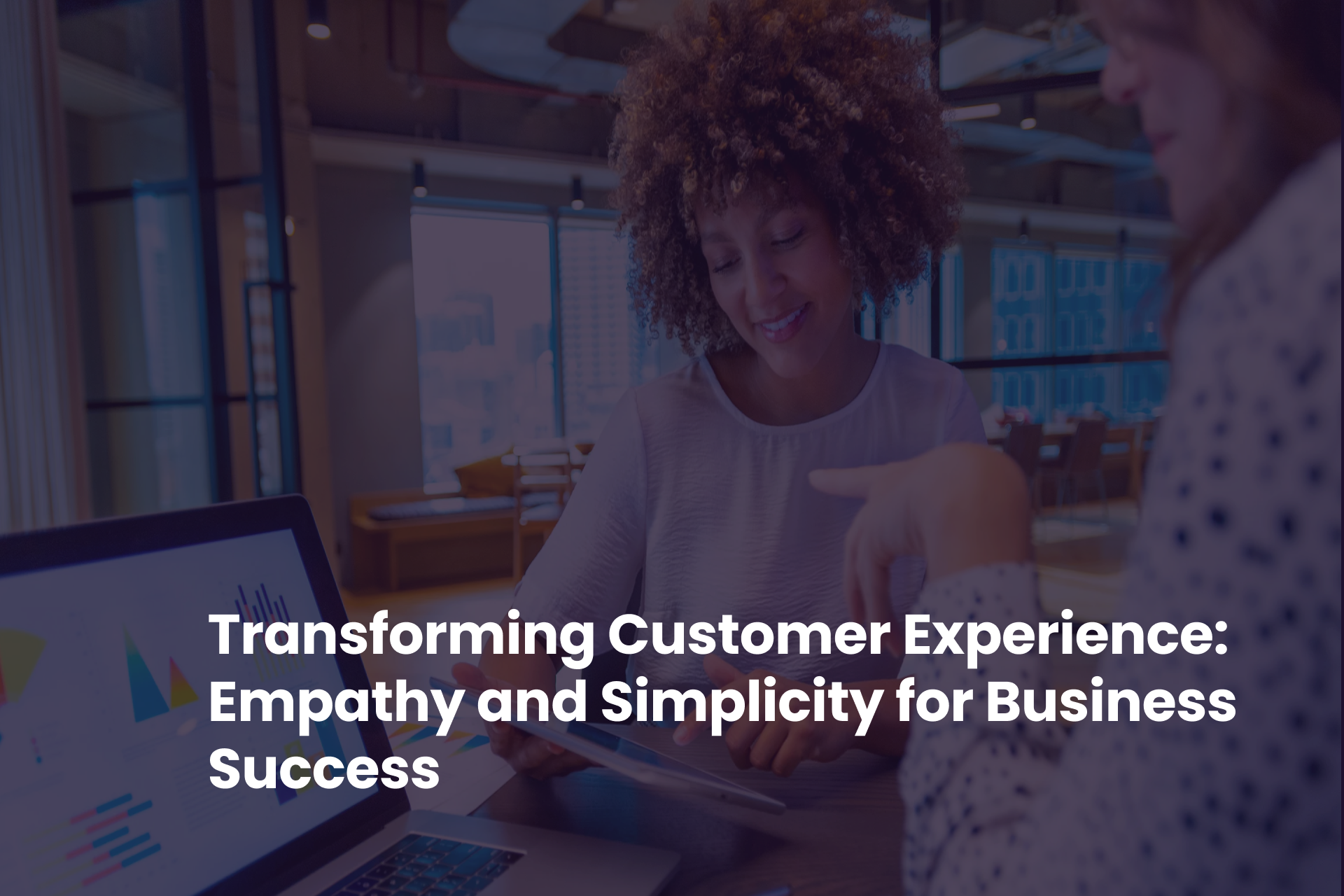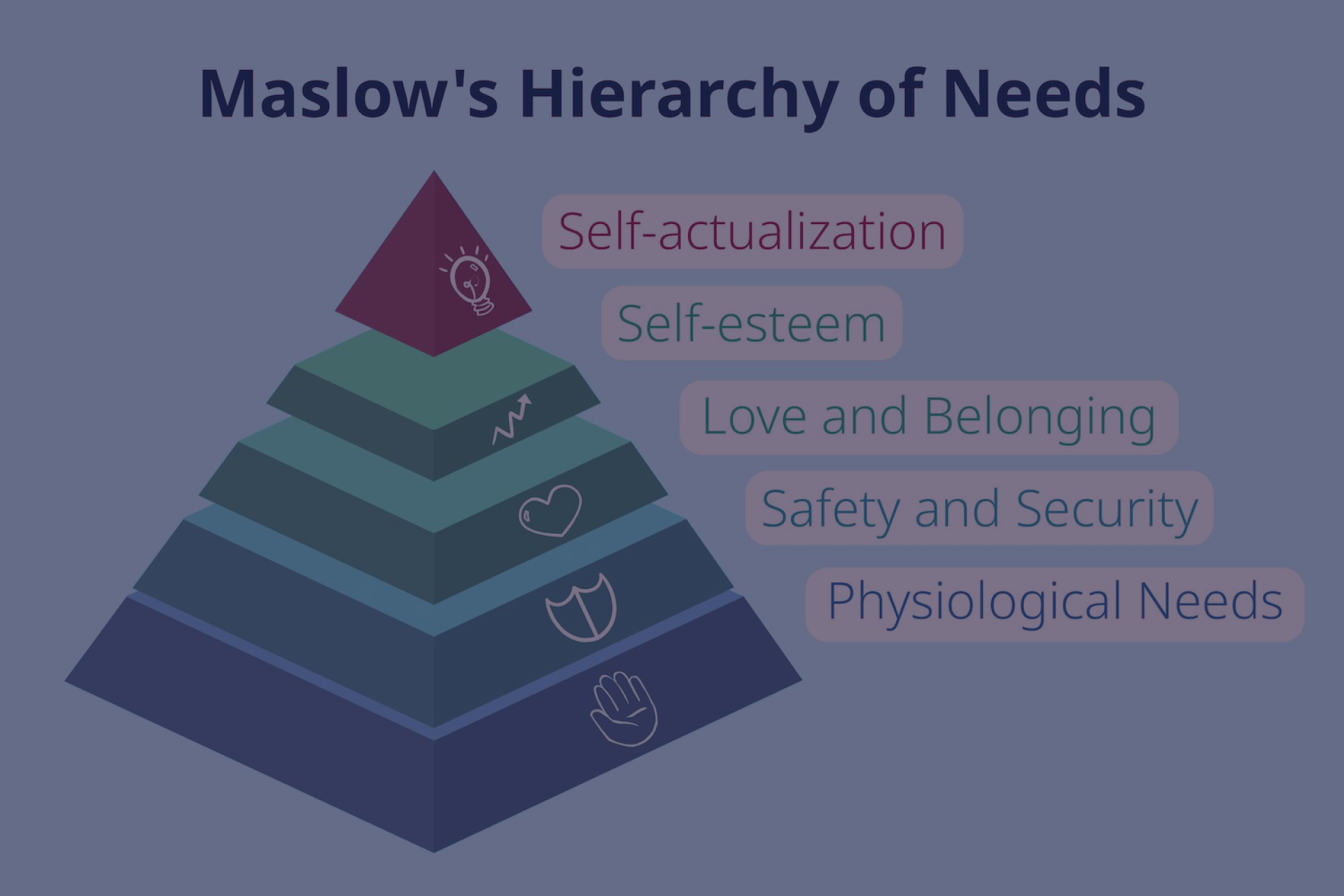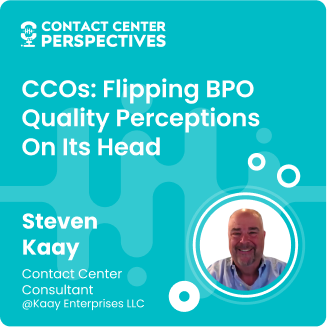BPO vs KPO: definition and key differences

- BPO and KPO are two types of outsourcing that have different functions
- Business process outsourcing provides support in back-office and front-office operations
- The main advantages of outsourcing to BPO agencies are cost-efficiency, wide talent pool and productivity enhancement
- Knowledge process outsourcing provides information-related services
- KPO functions include data analytics, legal services, market research, engineering design and other
- There are six key differences between BPO and KPO that are showed in a type of complexity, involvement and expertise level
Outsourcing has become a widely popular practice among businesses today. From startups to corporations, businesses of all sizes turn to customer support outsourcing and other types of outsourcing more and more often and that tendency continues to grow. It’s important to know that there are different types of outsourcing when considering delegating some of your business processes to an external provider. Business process outsourcing and knowledge process outsourcing are considered to be two major types of outsourcing services today.
In this article, we will explore the key aspects of the meaning of BPO and KPO and the differences between them. Understanding what is BPO and KPO will help you to choose the right outsourced service for your company.
BPO Meaning
BPO or business process outsourcing means delegating non-essential business activities to an external provider. A primary reason why companies outsource their non-core tasks is to reduce expenses and enhance business productivity. A BPO call center offers back office and front office outsourcing services.
Back-office functions include human resources, accounting, quality assurance, IT services and others. Front office functions refer to marketing, sales and customer-related services. The type of BPO that your company would benefit from the most will depend on your specific business needs.
So what exactly does business process outsourcing offer? Let’s take a look:
Data entry
Though this task doesn’t rank high on the company priority scale it is still essential to keep the business running. But since this job requires a lot of time, instead of hiring full-time workers employers often opt for outsourcing.
Customer support
Also, a highly time-consuming task that requires a team of experts. So instead of building an in-house customer service team companies outsource those responsibilities to call center services that provide professional 24/7 support.
Finance and Accounting
Besides providing bookkeeping and accounting services this type of BPO offers help with budget planning, auditing and providing forecasts.
Technical support
In this case, an outsourcing vendor handles the technical support of your company’s services and products. Depending on your needs tech support can cover software activations, account management, repairs and installations, warranty support and more.
Recruiting
Outsourced HR agencies help companies with the entire recruiting process. They look for potential candidates, do job postings, check applications and conduct interviews. Also, they can provide training for your new hires and make sure they are fully prepared to do the job.
Main Benefits Of Business Process Outsourcing
- Price. BPO services usually offer a low-wage workforce that allows businesses to save up some resources. This does not, however, mean that the quality of service will be lower as well. Outsourcing is cheaper for multiple reasons and one of them is that you don’t have to spend money on office equipment or training when you outsource.
- Talent pool access. Outsourcing gives you a unique opportunity to choose candidates from all over the world. This is not only about a wider variety of choices but also about the higher professionalism of prospects as they have specific areas of expertise and are able to provide a quality service.
- Resources expansion. Outsourcing vendors offer resources that companies can’t afford – financially or practically – generate themselves. Take small eCommerce businesses for example. They can’t have a 24/7 in-house customer support team that is so essential to this kind of business. But with a BPO call center, you can get around-the-clock coverage and multilingual support.
- Productivity improvement. Having outsourced providers taking care of your secondary, yet essential business tasks allows you to evenly distribute your core tasks between your employees and let each of your team members focus on what drives the development of your business.
What Is KPO?
KPO or knowledge process outsourcing refers to a set of services that provide information-related assistance like gathering data, analyzing, managing and bringing valuable insights into business. KPO process is often considered as an extension of BPO, however, it’s not the same. KPO services offer to add value to a business by delivering high-level processes that require in-depth knowledge and expertise.
Main segments of knowledge process outsourcing include:
Market research services
Due to a competitive market, simple information gathering principles have become not enough for developing effective business strategies. Companies now shifted to high-end market research and KPO vendors are fulfilling that demand. They provide data analysis conducted through statistical tools and techniques; industrial and customer surveys; report and presentation preparation.
Engineering design
This segment of KPO covers a range of activities including design, production and maintenance. Outsourcing your product development and design to a professional engineering team can bring desirable results much faster.
Legal services
This KPO process typically involves a wide scope of legal work providing paralegal experts that work on a number of tasks such as conducting legal research, formulating patent applications, creating legal agreements and more.
Data management, analytics and insights
Businesses rely on in-depth data and analytics that can be provided by KPO. Some of the KPO data analysis services include retail analysis, customer analysis and supply chain analysis. This data aims to equip businesses with valuable insights and generate cutting-edge solutions. Data management outsourcing helps with data storage, distribution, retrieval and integration for business analytics and reporting.
Banking and financial data analysis
Such type of KPO deals with investment research providing stock process tracking, financial modeling, assessment of the value of the company’s assets, company analysis and profiling, and more.
Differences Between BPO And KPO
KPO vs BPO is a common topic for discussion. Now that we have a distinct understanding of KPO and BPO let’s look at key differences between those two types of outsourcing.
- BPO is based on peripheral business processes such as data entry, HR support, accounting and more. Whereas KPO is a knowledge-based service that provides research support.
- BPO is a low-end service, KPO is high-end
- BPO is based on established rules, whereas KPO is based on judgment and expertise.
- BPO requires basic skills and competence in specific processes, whereas KPO hires employees with high qualifications and in-depth expertise.
- BPO tasks are predefined, whereas KPO requires studying and understanding of business.
- BPO tasks are less complex, whereas KPO tasks are more complex.
Final Thoughts
Many businesses around the world opt for outsourcing due to its incomparable advantages such as cost-effectiveness and high-quality results. BPO and KPO though equally important services are not the same. Depending on what tasks your company needs help with you can choose to outsource to a BPO vendor that specializes in day-to-day business processes or KPO that provides knowledge-based support.
Looking for specific information?
Our specialist will help you find what you need in customer service outsourcing
Book a callDiscover Contact Center Perspectives Podcast
Discover the themes that resonate most with your challenges
 English
English





